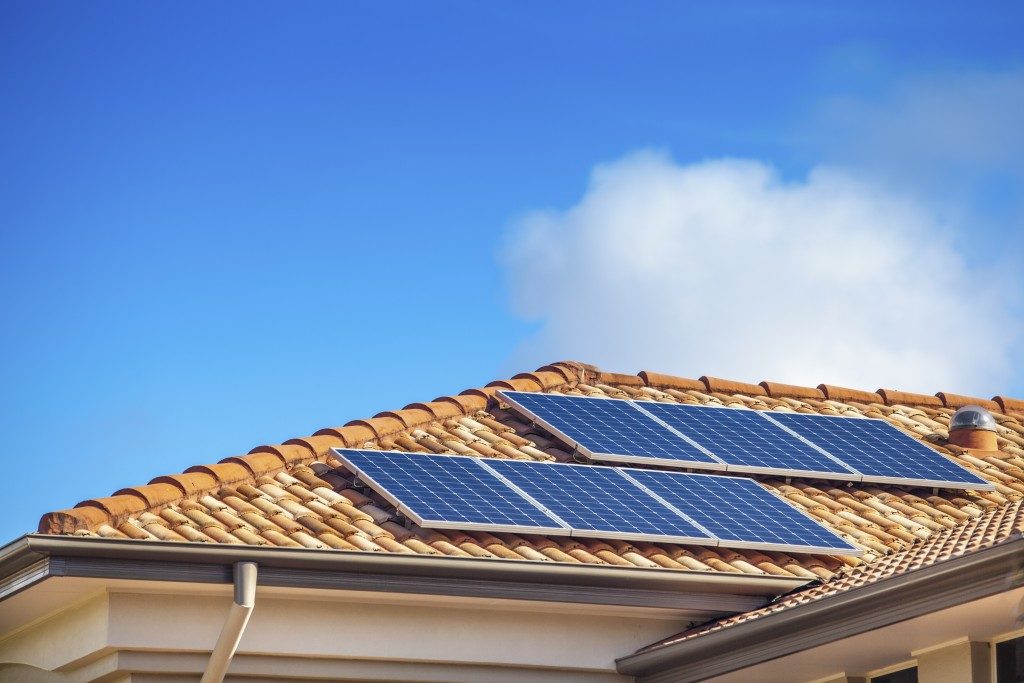The benefits of solar energy to residential homes are remarkable. However, some homeowners procrastinate on shifting because they haven’t fully understood how these benefits are brought about.
Let’s look at the most often cited excuses for delaying the decision and how each of them can be debunked. Once you realize that the right time is today, you can contact dealers of SunPower solar panels to start your journey to real energy efficiency. Which of these reservations do you share?
“You have to live in a sunny region first.”
The most popular misconception about solar energy is that you have to live in a state where sunlight is abundant. Otherwise, you don’t get any power at all.
Solar panels store energy through photovoltaic cells that harness the sun’s UV rays. This means that to work, they absorb the photon particles of natural light, not the hot sunshine that we see and feel.
“They won’t absorb energy in the shade.”
A slight modification of this misconception is that natural obstructions – tall buildings, trees, thick clouds – can lessen the energy they produce, thereby defeating the purpose.
This is partially true. Photovoltaic cells do get less ambient natural light in the shade. Fortunately, amorphous solar panels are now often built with bypass diodes that lessen the energy loss of panels when shade blocks them at specific parts of the day.
“They won’t work during a power outage.”
No, you’ll still get power through your solar energy stored in standalone batteries, even in a power outage. This makes solar panels a real lifesaver in blackouts.
However, the concern is valid, since not all solar systems are independent of a municipal power grid. Some homeowners opt to tie their system to the grid so that the excess of electricity they produce can be supplied to the utility company.
“Any surplus of solar energy is wasted.”

This could not be any more misguided. A large part of solar panel patrons installs these panels to sell energy back to utility companies. They do this by entering a net-metering agreement wherein they connect their photovoltaic solar system to the municipal power grid. When they supply the excess of electricity to the utility company, they receive credits based on how much the surplus is.
“Solar panels need to be on the roof.”
A significant advantage of solar energy is that you don’t need to install it somewhere up high – anywhere that the light hits is an ideal location for solar panels. Today, ground-mounted and pole-mounted solar energy systems can be placed in an open lot that has access to natural light.
Some homeowners even join the trend of putting up solar trees, which are panels affixed to tree-like metal poles for added aesthetic appeal.
“Only rich people install solar panels.”
The misconception that only upper-class communities and urban neighborhoods can install solar systems is a product of the past. Solar panels are hardly a luxury commodity anymore. Accessibility studies show that the average income of households that adopted solar systems from 2012 onwards showed a sharp decrease. This means that more homes coming from lower socioeconomic brackets are buying into solar.
It’s more of an investment than anything else. If anyone can lower their monthly bills and even receive energy credits, then it shouldn’t surprise anyone that solar energy systems continue to attract many.

